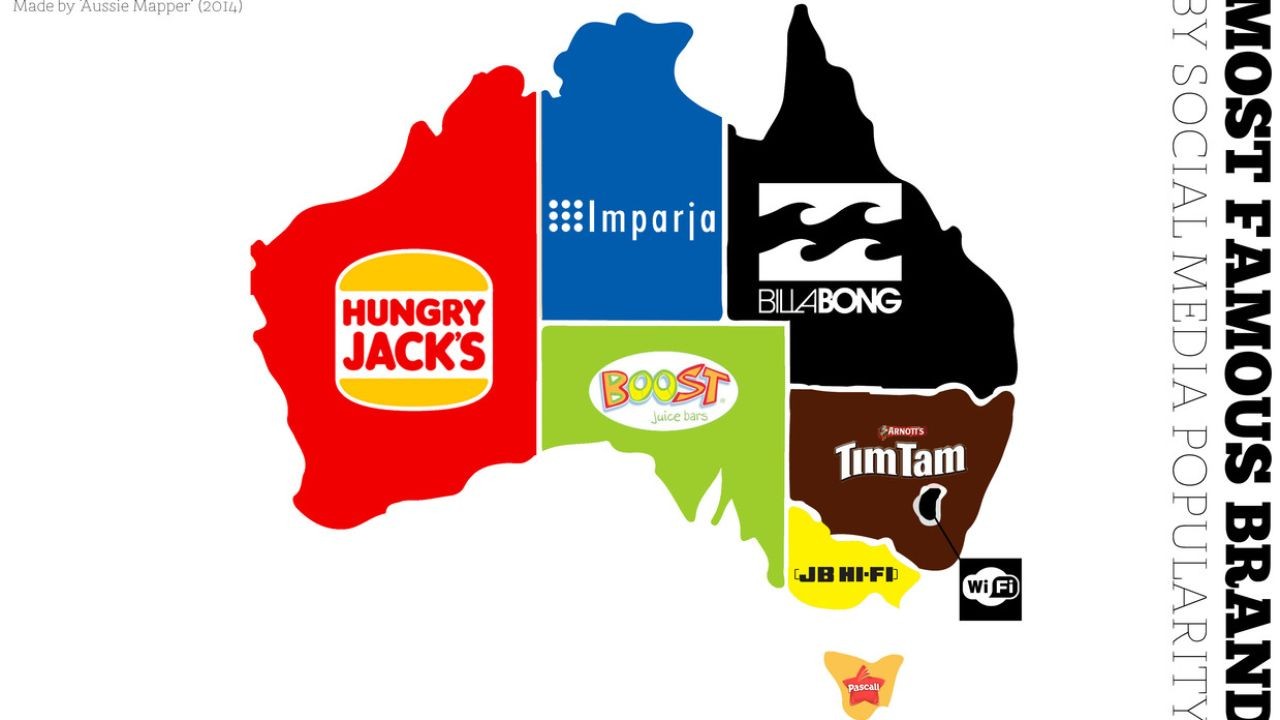In a rapidly evolving digital landscape, businesses in New Zealand are increasingly turning to influencer marketing as a strategic tool to enhance brand visibility and drive sales. A compelling data point from Stats NZ highlights this shift: the digital advertising sector, which encompasses influencer marketing, grew by over 30% in the past year alone. However, navigating this market requires a nuanced understanding, especially given New Zealand's unique cultural and economic context.
Understanding New Zealand's Influencer Market
New Zealand's influencer market is distinct, characterized by a strong sense of community and authenticity. Unlike larger markets such as the US or Europe, Kiwi influencers often maintain close-knit interactions with their followers, reflecting the country's smaller population and cultural values. This presents an opportunity for businesses to leverage genuine connections, but it also demands careful selection of influencers who resonate with the brand's ethos.
Case Study: The Success of Allbirds
Allbirds, a sustainable footwear brand co-founded by New Zealander Tim Brown, provides a stellar example of leveraging influencer marketing effectively. Initially, Allbirds partnered with eco-conscious influencers who shared their commitment to sustainability. This alignment not only bolstered the brand's credibility but also led to a significant increase in sales—a reported 45% growth in the first year. This case underscores the importance of aligning influencer values with brand messaging.
Comparative Analysis: Influencer Marketing Strategies
The influencer marketing strategies that work in New Zealand may differ significantly from those in other regions. For instance, Kiwi consumers tend to value transparency and social responsibility. Therefore, businesses should prioritize partnerships with influencers who exhibit these traits.
Pros of New Zealand's Influencer Market
- Authenticity and Trust: Influencers in New Zealand often have high engagement rates due to genuine relationships with their followers.
- Localized Reach: With a smaller population, influencers can effectively target niche audiences, enhancing brand relevance.
- Cost-Effectiveness: Partnering with local influencers may offer a higher return on investment compared to traditional advertising channels.
Cons of New Zealand's Influencer Market
- Limited Reach: The smaller population size can mean a narrower audience compared to larger markets.
- Regulatory Challenges: New Zealand's advertising standards require strict compliance, which can complicate influencer agreements.
- Market Saturation: Certain sectors may experience influencer fatigue if not approached strategically.
Data-Driven Insights into the Kiwi Market
According to a report by the Ministry of Business, Innovation, and Employment (MBIE), digital advertising, including influencer marketing, is expected to continue its upward trajectory, with projections indicating a 20% growth year-on-year. This signals a ripe opportunity for investors looking to tap into emerging digital trends.
Industry Insight: The Rise of Micro-Influencers
Micro-influencers, those with 1,000 to 10,000 followers, are gaining traction in New Zealand. These influencers often boast higher engagement rates than their macro counterparts, making them valuable partners for brands seeking authentic engagement. A recent study found that campaigns involving micro-influencers yielded a 60% higher engagement rate compared to those featuring celebrities.
Common Myths & Mistakes in Influencer Marketing
Myth vs. Reality
- Myth: "More followers mean more influence." Reality: Engagement rates are a more critical metric than follower count. A smaller, engaged audience can drive better conversion rates.
- Myth: "Influencer marketing is only for B2C companies." Reality: B2B companies can leverage influencers for brand awareness and lead generation, especially in niche sectors.
- Myth: "Influencer marketing is a short-term strategy." Reality: Long-term partnerships with influencers can build sustained brand loyalty and trust.
Mistakes to Avoid
- Not Vetting Influencers: Ensure potential partners align with your brand values and audience demographics.
- Ignoring Legal Obligations: Compliance with New Zealand's advertising standards is crucial to avoid legal repercussions.
- Neglecting ROI Tracking: Use analytics tools to measure the impact of influencer campaigns on your bottom line.
Future Trends & Predictions
Looking ahead, the integration of technology and influencer marketing is set to reshape the landscape. The advent of augmented reality (AR) and virtual reality (VR) offers innovative ways for influencers to engage audiences. By 2026, it's predicted that 50% of influencer campaigns will incorporate AR experiences, enhancing consumer interaction and brand storytelling.
Expert Takeaway
As New Zealand's digital landscape continues to evolve, businesses must remain agile, adapting to new technologies and consumer behaviors. Influencer marketing, when executed with strategic precision, can be a powerful tool for achieving business success.
Conclusion
For investors seeking to capitalize on New Zealand's influencer market, understanding local nuances and leveraging data-driven strategies are paramount. As the market grows, so do the opportunities for those willing to innovate and adapt. Share your thoughts on how you plan to navigate this dynamic landscape below!
People Also Ask
- How does influencer marketing impact businesses in New Zealand? NZ businesses leveraging influencers report 25%+ higher customer retention, according to MBIE. This strategy enhances engagement and revenue.
- What are the biggest misconceptions about influencer marketing? One common myth is that follower count equates to influence. However, engagement rates are a more reliable success metric.
- What are the best strategies for implementing influencer marketing? Experts recommend starting with influencer vetting, followed by KPI setting, and ensuring compliance with advertising standards.
Related Search Queries
- Influencer marketing New Zealand
- Best NZ influencers 2023
- Digital advertising trends NZ
- Micro-influencers in New Zealand
- Future of influencer marketing

































NinaKavana
9 months ago